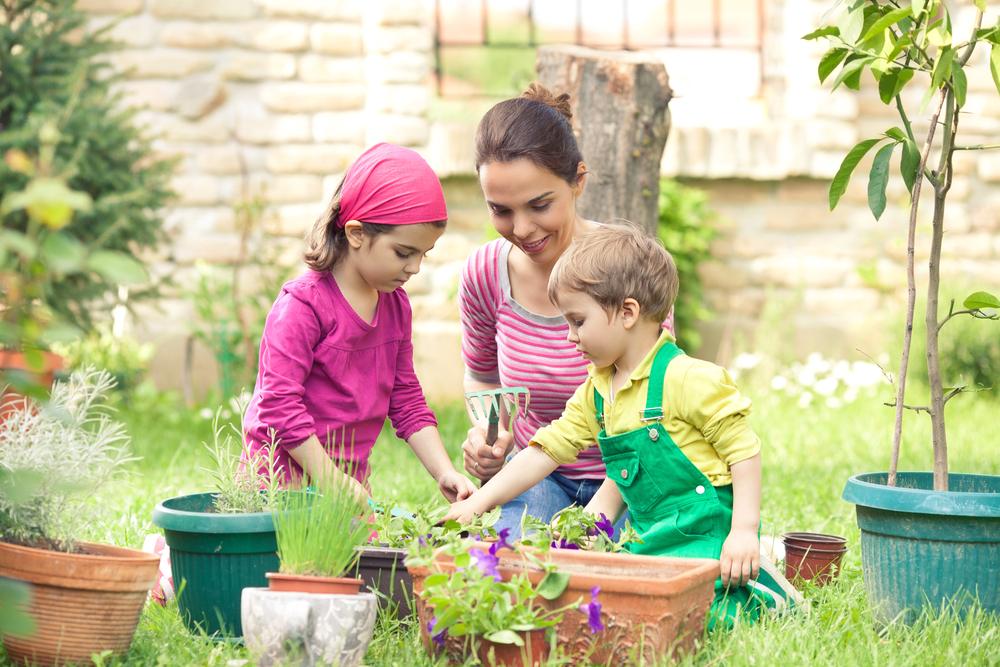Commentary
Farm-to-table refers to freshly grown produce—that is, fruits and vegetables not transported from some distant time zone or even hemisphere but recently harvested on boutique acreage just outside town. The foodie media trumpet the virtues of local food sources, and their cosmopolitan audience tries to honor them when they visit farmer’s markets or read menus.





